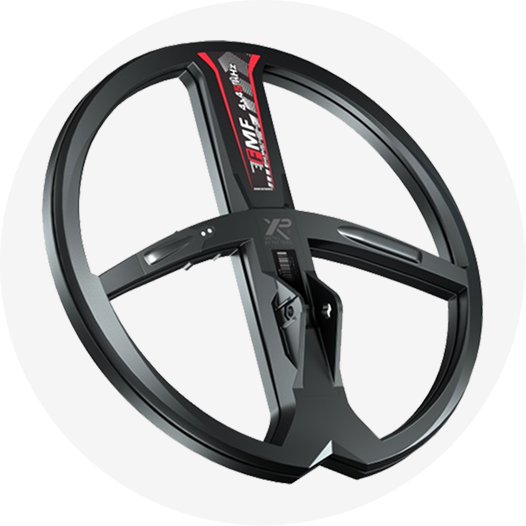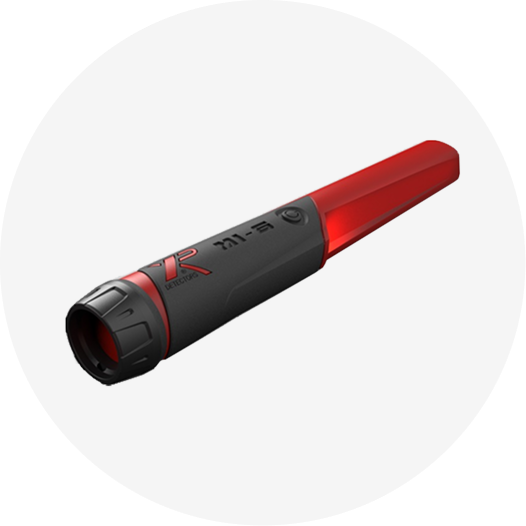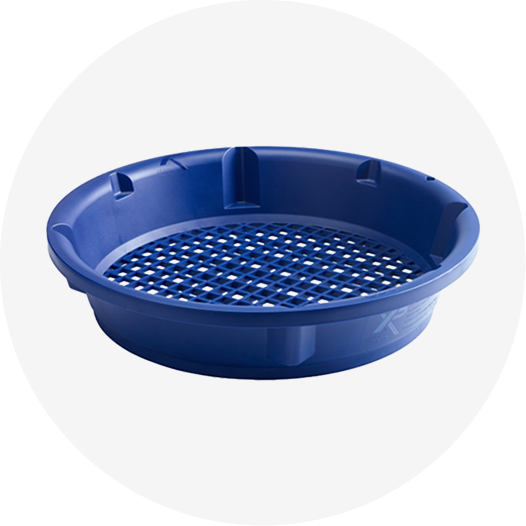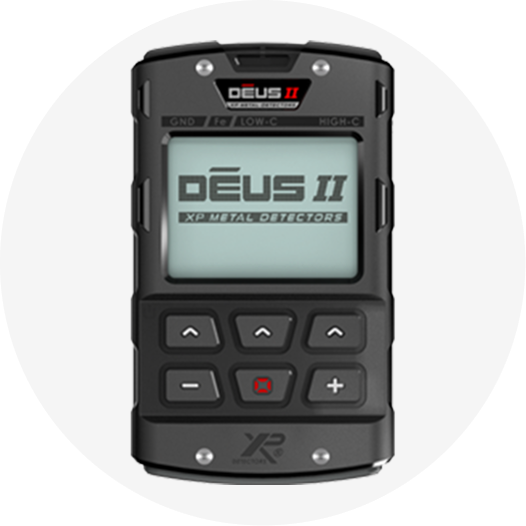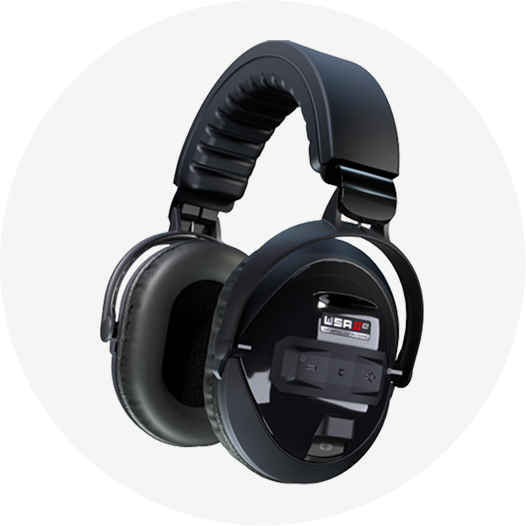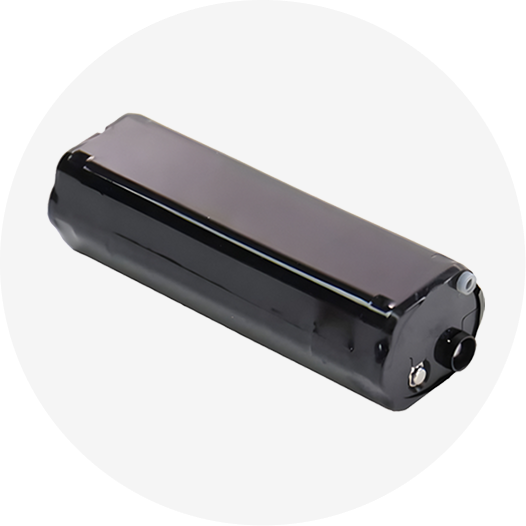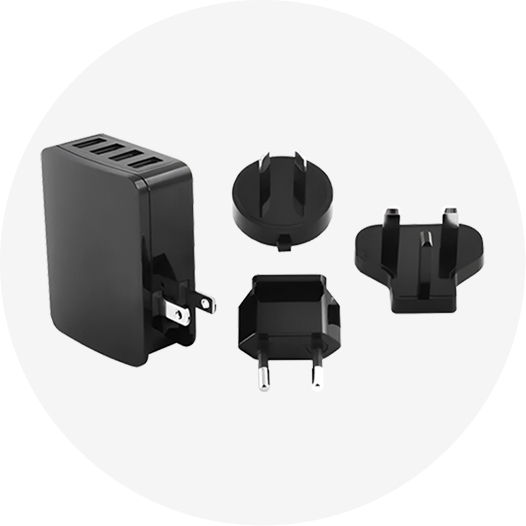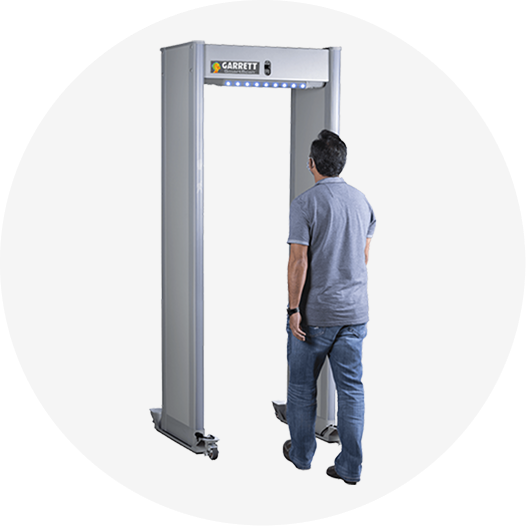Understanding the Difference Between Audio and Imaging Gold and Metal Detectors through This Detailed Article
Gold and metal detectors are used for detecting precious and other metals, but the capabilities of these devices vary. Some gold and metal detectors can isolate non-precious metals and iron. A gold prospecting device also has the ability to search for multiple metals, and metal detection devices are primarily used by hobbyists looking to find a wide range of metals such as artifacts, handmade items, coins, and jewelry including silver and gold, among others.
A regular metal detection device can be used to search for gold rings, jewelry, and coins, which are larger compared to finding regular gold, including small gold nuggets and gold flakes. For the latter, you will need a real gold detector, as metal detectors can be affected by many anomalies and objects that have similar conductivity to gold.
Gold has important properties compared to other metals, such as low conductivity, which means that a detector operating at a high frequency will work better. The most suitable metal detection devices for gold prospecting operate at higher frequencies, starting from 45 kHz up to 61 kHz, while regular metal detection devices typically operate at lower frequencies between 6.5 kHz and 14 kHz.
Difference Between Metal Detectors and Gold Detectors:
Yes, there is a difference. However, this is a very simple explanation. If you want to make the most of your time in search, you will need to know a set of great specifications and features of metal and gold detectors.
Key Differences:
Metal Detector:
- Low Frequency: Suitable for detecting large pieces or jewelry containing mixed metals.
- Suitable for: Low to medium mineralized and rocky grounds.
Gold Detector:
- High Frequency: Capable of detecting small gold nuggets.
- Suitable for: Highly mineralized ground.
How Do Metal Detectors Work?
Before we explain the differences between metal and gold detectors, you should understand the basics of how metal detectors work.
Some Key Terms:
- Object Search: A metal detection device transmits an electromagnetic field (EM) through a coil into the ground. When metal targets come into contact with the field, they become activated and generate their own field, which is picked up by the metal detector.
Why is Frequency Important?
A metal detection device identifies targets by their electrical conductivity. This is why they respond to multiple frequencies. Low-frequency machines are best for detecting metals with high conductivity, such as silver, while high-frequency devices detect low conductivity metals such as gold and iron.
Regular metal detection devices operate at frequencies ranging from 5 to 15 kHz, while gold detection devices operate at frequencies ranging from 45 to 61 kHz.
Types of Metal Detectors:
There are three types of metal detectors:
- Basic Metal Detectors: These are very weak and not useful for gold prospecting, typically available in electronic stores.
- VLF (Very Low Frequency): High-precision and sensitive devices ideal for various purposes, useful for searching small to medium-sized gold nuggets at depths less than 8 feet.
- PI (Pulse Induction): Specialized detectors designed to reach the greatest depths in highly mineralized grounds.
Technically, gold prospecting devices are just specially tuned metal detectors for detecting gold signals. The most advanced gold detectors are PI detectors, capable of distinguishing gold from other metals.
What are the Most Important Factors in Metal and Gold Detectors?
When deciding whether to use a metal detector or a gold detector for a task, you need to understand the key factors to evaluate how well they handle specific conditions.
Understanding Depth:
Large gold nuggets sometimes lie deep underground. Devices capable of penetrating deep into the ground increase the likelihood of finding large nuggets. The larger the target, the higher the chances of finding it at greater depths.
Handling Precious and Non-Precious Metals:
Unfortunately, most gold prospecting sites contain unavoidable waste that can interfere with your device when searching for precious items. While many metal detectors can distinguish non-precious metals, including steel and iron, most gold detectors do not have the ability to differentiate between precious and non-precious metals. Therefore, our company, Detectors Shop, offers audio system gold and metal detectors that can distinguish between precious and non-precious metals during the search.
Search Coils:
Search coils are crucial for determining the range of a metal detector. They allow you to modify the metal detection device to differentiate between certain types of searches. Search coils come in a wide range of sizes and dimensions.













